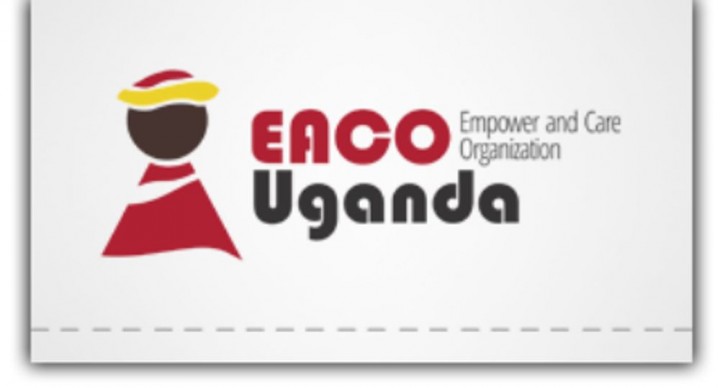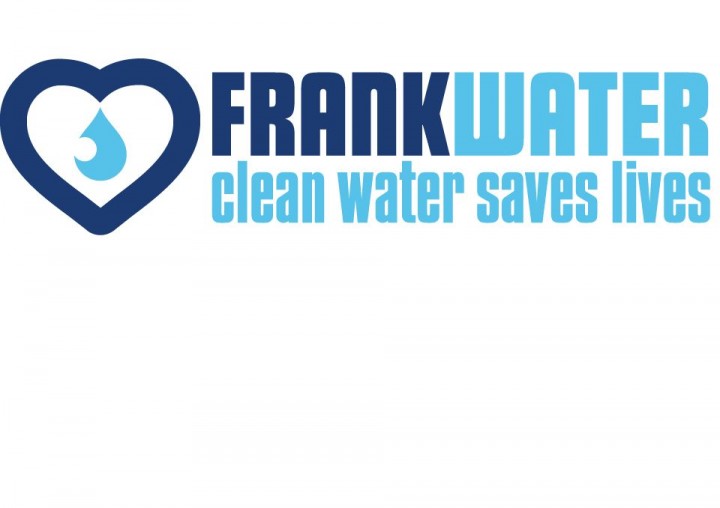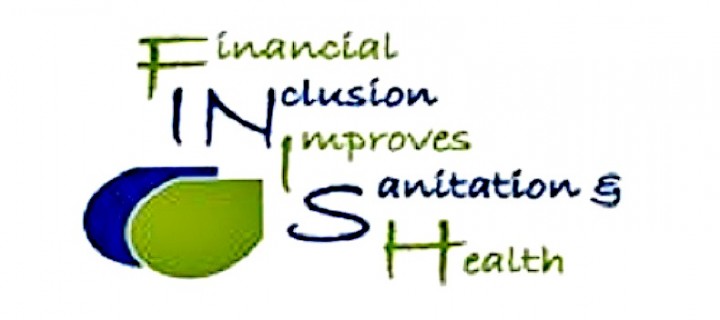CSES Centre of Sustainable Environmental Sanitation
The ultimate ambition of the Centre of Sustainable Environmental Sanitation (CSES) is to influence Chinese policy to promote and guide sustainable sanitation development throughout Asia, and to assist in social marketing. The overall aim is that China would act as a catalyst for sustainable sanitation development within the region. The centre is part of University of Science and Technology Beijing
CCHR Centre for Community Health Research
CCHR is an organization of scholars, researchers and social scientists working in interdisciplinary areas for the welfare and upliftment of people deprived of basic needs and facilities. Its focus is on monitoring environment, making investigations and executing remedial measures on issues closely linked to environmental health which, in turn, is related to drinking water, food, sanitation and hygiene.
EcoSan Club
The EcoSan Club is a non profit association founded in 2002. The underlying aim is the realisation of ecological concepts to close material cycles in settlements. In addition to the main activities of the association - promotion of EcoSan principles, international networking, provision of information - the number of planning and consultancy projects was increasing.
ecosanlac Ecological Sanitation for Latin America and the Caribbean
ECOSANLAC maintains and promotes contact between individuals, organisations, institutions and companies involved in sustainable environmental sanitation and ecological sanitation. ECOSANLAC promotes country-level contact between Latin America and the Caribbean and between them and the rest of the world.
Skat Consulting Ltd. / Skat Foundation
Skat is an independent Swiss organisation working in the fields of development and humanitarian aid. Since 1978, Skat has provided technical expertise, management support, and training to bilateral and multilateral development agencies, and non-governmental organisations.
EACO EMPOWER AND CARE ORGANIZATION
EACO is a Community Based Organization committed to reducing poverty in rural Uganda through economic empowerment, educational opportunities and support for marginalised groups of people. EACO has a team of 4 full time staff and 3 part-time with assistance from the Community members. EACO currently operates six different programs, instilling hope and improving life for more than 4000 people in the rural Mukono district. EACO does trainings including hygiene promotion, construction of latrines, repairing boreholes and WASH. Besides that trainings target the links between water, sanitation and health, the nature of, and the threats posed by environmental diseases, the importance and main elements of hygiene-promotion and the complexity in delivering safe water and sanitation in an emergency.
Ecopsis sa
Ecopsis is a consulting firm specialising in wastewater management. Their areas of intervention cover in particular decentralised sanitation: on-site domestic wastewater treatment and pretreatment of industrial wastewater. Ecopsis offers its services at both national and international levels.
ESF Ecosan Services Foundation
ESF is a section 25 non-profit company established in 2006, with the support of gtz. It provides ecological sanitation services to municipalities & state governments, NGOs, companies & developers and private individuals. ESF offers full ecosan project packages including consulting, feasibility studies, project financing, technical designing & project planning, project implementation, Operation & Maintenance and project monitoring.
RH Reaching Hand
Mission Statement: Reaching Hand's Girls Glory project provides infrastructural and educational support to eliminate hygiene and sanitation barriers in Indian government schools, enabling young girls to continue to attend school with confidence and dignity.
FAO (FAO Land & Water Development Division)
The Water Development and Management Unit (NRLW) of FAO is engaged in a programmatic approach to agricultural water management addressing water use efficiency and productivity, and best practices for water use and conservation, throughout the continuum from water sources to final uses.
EcoSur
Among the basic needs of humanity - food, clothing and shelter - our work embraces shelter. EcoSouth addresses the great housing deficit in southern countries, especially the vast majority of people who have no adequate roof over their heads. Whether through social housing projects with locally produced construction materials (ecomaterials) and designs to resist natural disasters, or ongoing research that connects science with practice, EcoSouth confronts the housing issue.
IWC International WaterCentre
The International WaterCentre (IWC) provides the most advanced education, training, applied research and knowledge services to develop capacity and promote whole-of-water-cycle approaches to integrated water management around the world. IWC's vision 'Water leadership for the future' is built on a strong foundation of world class capability of four leading Australian universities. A joint venture of The University of Queensland, Griffith University, Monash University and The University of Western Australia, IWC is helping change the way people think about, act and solve complex water management challenges. Because of its linkages with national and international networks and partners, IWC provides a breadth of expertise and experience rarely found in a single organisation. Whilst Australian based, IWC is conducting projects worldwide including Australia, Asia-Pacific and Africa.
FMoH Ethopian Federal Ministry of Health
The federal ministry of health is undertaking many efforts in the areas of latrine coverage and utilisation in collaboration with its partners. These efforts include construction of latrines throughout the country using Health Extension workers as front-line actors/agents, advocacy on essence of having latrine and utilisation to break transmission of diseases (communicable), providing training for Environmental Health professionals on water quality, monitoring water quality and using water testing kits.
Excloosive Ltd.
Excloosive is a well established mobile sanitation provider, which has been in existence since 2004. We are dedicated to providing full sanitation services for event, construction, domestic and commercial clientele. Our mission is provide innovative, hygienic and environmentally responsible sanitation products and services, through employment of sustainable technology leading to increased consumer dignity and a healthier community.
FWP FRANK Water
At FRANK Water, we partner with organisations that local people trust to help them build their own water systems, access funding from the Indian government to build toilets and learn more about hygiene and health. Our projects include gravity-fed and pumped water supply systems, catchment and watershed management, water treatment, sanitation infrastructure, and education programmes. We work on a small scale and use our research to help communities leverage more funds from local and national government. We conduct our own research, work alongside external consultants who evaluate our programmes and create partnerships to build knowledge of the causes of the WASH crisis and develop proposals for action.
Fondation Ensemble
The Fondation Ensemble is a private foundation recognized by the state as serving the public interest. Water and sanitation, sustainable development, animal biodiversity, these three areas of activity rerflect the founders' wish to fight poverty issues, whilst working towards long-term environmental protection.
COSI Community Self Improvement
Founded in 1995 as a not-for-profit organization, COSI (Community Self Improvement) attempts to solve water, environmental sanitation and hygiene (WESH) problems across Sri Lanka. At COSI it is believed that “universal access to potable water and basic sanitation” is fundamental and non-negotiable.
FINISH Financial Inclusion Improves Sanitation and Health
The basic philosophy of FINISH Program is that financial incentives in the form of terms of credit and preferential access to health insurance can be used to stimulate demand for sanitation. And if access to finance could be provided to the financially excluded, the awareness drive for sanitation can translate into a willingness on the part of the population to borrow money to build their own toilets. Toilets constructed by the users, at their own initiative and with a financial commitment, have a greater chance of usage which can then influence habit change. The Program believes that a close connection between sanitation and health can be established and leveraged for development by enabling financial inclusion of the low income rural and urban communities vide a […]
GWA Gender and Water Alliance
GWA is an open international network of more than 2200 members - including 680 organisations - from over 125 countries (July 2013). Members are active in water and environment, and have different levels of expertise but are all interested in linking the social with the technical aspects, taking into account the diversity of people and the specific knowledge, interests and tasks of women worldwide. GWA is an autonomous organization that supports mainstreaming of gender in integrated water management, driven by demand. GWA’s mission is to promote women’s and men’s equitable access to and control over safe and adequate water, for domestic supply, sanitation, food security and environmental sustainability. GWA believes that water and sanitation are basic rights for all, as well as critical in […]
PATH
PATH is an international nonprofit organization that creates sustainable, culturally relevant solutions, enabling communities worldwide to break longstanding cycles of poor health. By collaborating with diverse public- and private-sector partners, we help provide appropriate health technologies and vital strategies that change the way people think and act. Our work improves global health and well-being.




















